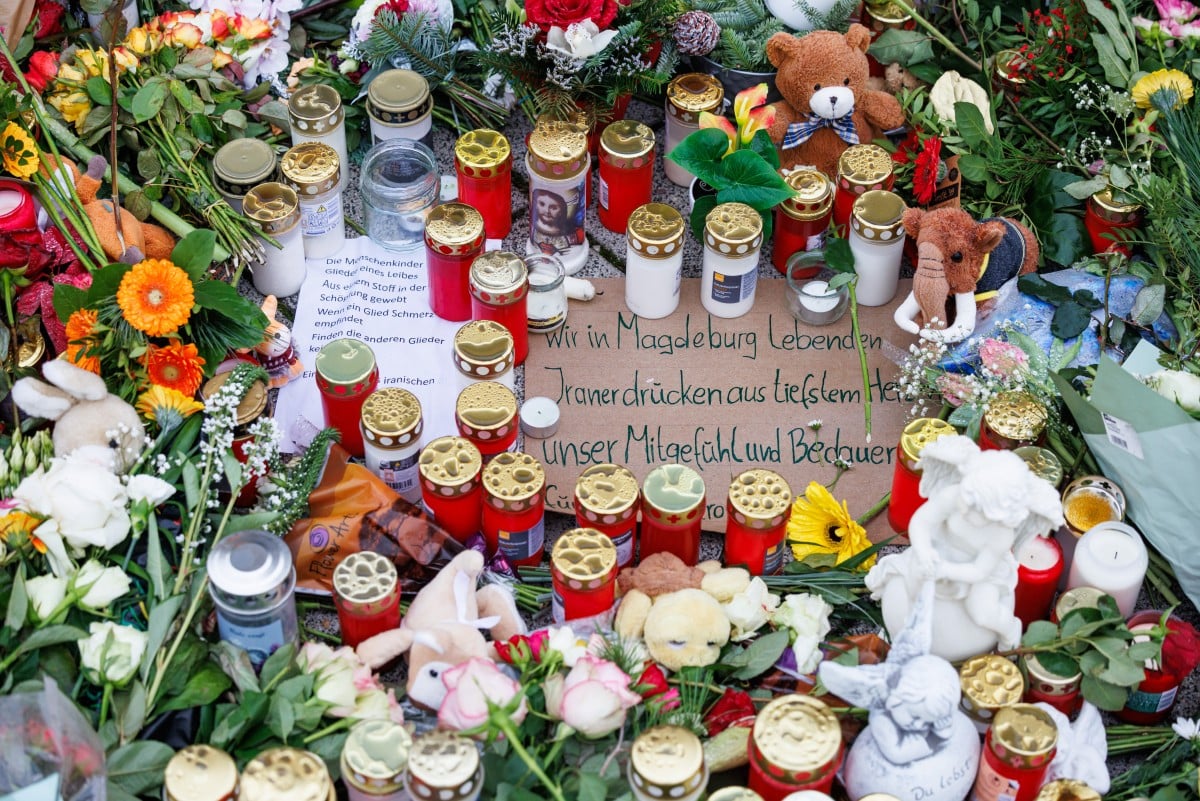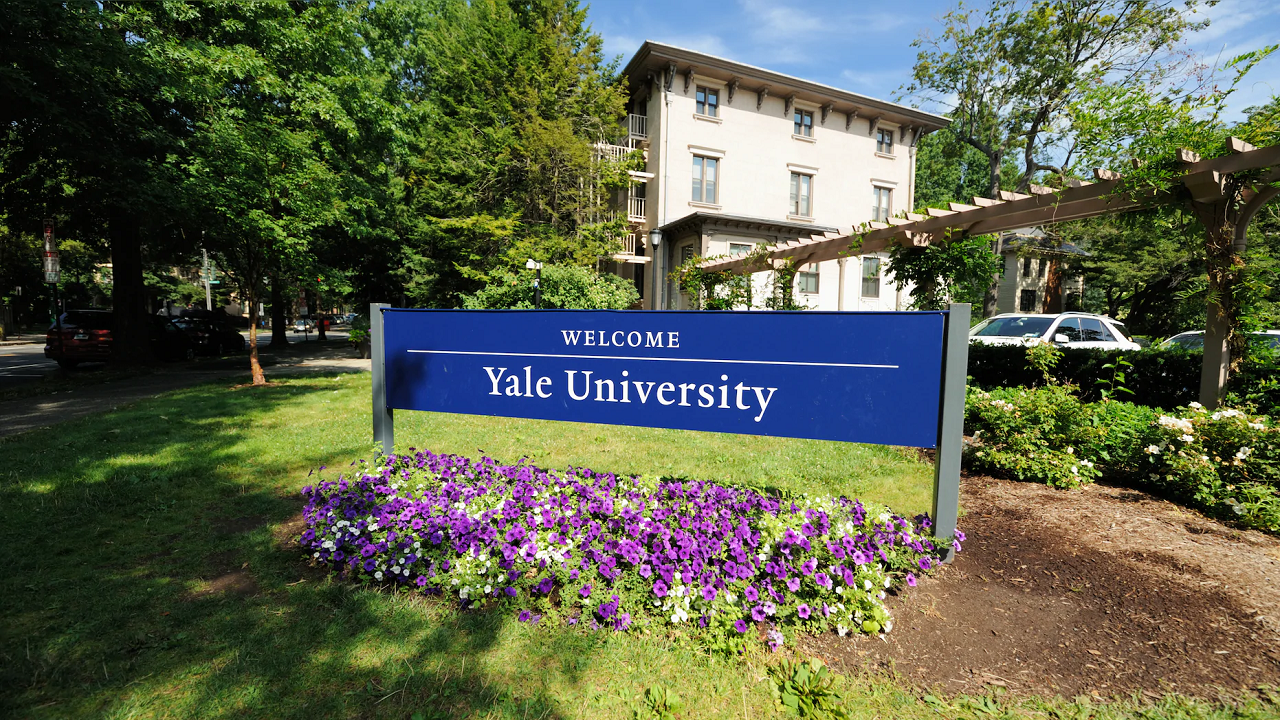Amid the ongoing Moscow-Kyiv war in Eastern Europe, German demonstrators came to the streets in the nation’s capital Berlin, demanding the German government stay out of the conflict in Ukraine. According to The Guardian report, protests emerged in Germany at a time when the nation has been offering support and solidarity to Ukraine in its conflict with Russia by supplying billions in military aid and powerful weaponry.
Furthermore, earlier in the month of June, Germany promised to give war-torn Ukraine some of the most cutting-edge armaments to help it fight off the Russian invasion. Germany has pledged to give Ukraine modern “anti-air missile” and “radar systems.” The IRIS-T air defence system would be shipped to Ukraine, according to a report from the Associated Press, making it the first long-range air defence equipment given to the Zelenskyy administration since the war started on February 24.
It is also important to note that the German military’s past deliveries of shoulder-fired, portable air defence missiles have improved the Ukrainian military’s ability to shoot down helicopters and other low-flying aircraft, but not sufficiently to threaten Russia’s air superiority.
In addition, Germany has committed to providing Ukraine with roughly 15 “Gepard tanks” to aid in the conflict with Russian troops. According to media reports, the Gepard tanks would be equipped with “adequate” ammo. Germany has also started training Ukrainian troops and has given Kyiv seven self-propelled howitzers.
Gas shortage in Germany
Meanwhile, out of concern that Russia would cut off the natural gas supply, the director of Germany’s energy regulatory body has recently urged citizens to save energy and get ready for winter, when demand increases. Klaus Mueller, president of the Federal Network Agency, advised owners and renters to get their gas boilers and radiators inspected and adjusted to maximise their efficiency, Associated Press reported.
Mueller told Funke Mediengruppe, a German publisher of newspapers and magazines, that maintenance may lower gas use by 10% to 15%.
This request has been made after Russia cut off gas supplies to Germany, Italy, Austria, the Czech Republic, and Slovakia earlier this month, as nations in the European Union rushed to restock storage tanks with the fuel needed to produce electricity, run industries, and heat homes in the winter.
A technical issue was to blame for the decrease in natural gas flowing via Nord Stream 1, a pipeline that crosses the Baltic Sea from Russia to Germany, according to state-owned energy corporation Gazprom in Russia.
In addition to this, in June, Robert Habeck, the German Minister for Economic Affairs and Climate Protection stated that the country had planned to take extra steps in response to a decline in the Russian gas supply. A five-page document detailing the German government’s intention to lessen its reliance on Russian gas was made public, citing DPA, DW reported. The German government will set aside billions of dollars for its anticipated actions to cut back on the import of gas from Moscow.
(Image: AP)





















Discussion about this post